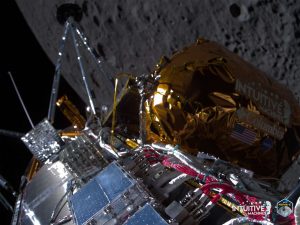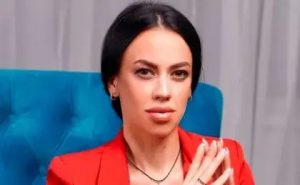Russia said Tuesday that astronauts had found an air leak in its section of the International Space Station, with a senior space official calling the air loss beyond expected levels.
The crew on the ISS — Russian cosmonauts Anatoly Ivanishin and Ivan Vagner and NASA astronaut Christopher Cassidy — have been searching for the air leak since August, first checking the US segment. Russia’s space agency, Roscosmos, said in a statement that after analysis and a search for the leak “it was established that the spot is located in the Zvezda (star) service module, which contains scientific equipment.”
It said a search was now underfoot to pinpoint the exact location, saying the situation “is not dangerous for the life and health of the ISS crew and does not prevent the ISS continuing manned flight.”
“It’s not critical in the near future,” said Sergei Krikalyov, the executive director of Russia’s manned space programmes, in a televised comment. He said the ISS always has slight air loss due to the air purifying system.
“These leaks are predictable. What’s happening now is more than the standard leakage and naturally if it lasts a long time, it will require supplies of extra air to the station,” he said.
He said the crew were now resting but hoped to find the precise spot and fix the leak on Wednesday. “That’s not for sure,” he added, saying there was quite a large area to search.
“We have time. The leak exists of course. It’s not good that it’s there, but it’s not critical,” he said. NASA said that the leak had appeared to grow in size overnight Monday to Tuesday and the crew were awakened by flight controllers to carry out a search.
It was later found that a temperature change had made the leak seem to grow, while the rate of air escaping was “unchanged,” the US space agency said.
Previously, astronauts had searched for the source of the leak in the US segment of the station using an ultrasound detector. The incident comes after astronauts in 2018 found a hole in the wall of a Russian-made Soyuz space capsule docked onto the ISS.
The cause of the hole has not yet been made public. Three new crew members, Russians Sergei Ryzhikov and Sergei Kud-Sverchkov and NASA astronaut Kate Rubins, are set to arrive in a Russian Soyuz spacecraft due to launch October 14.






